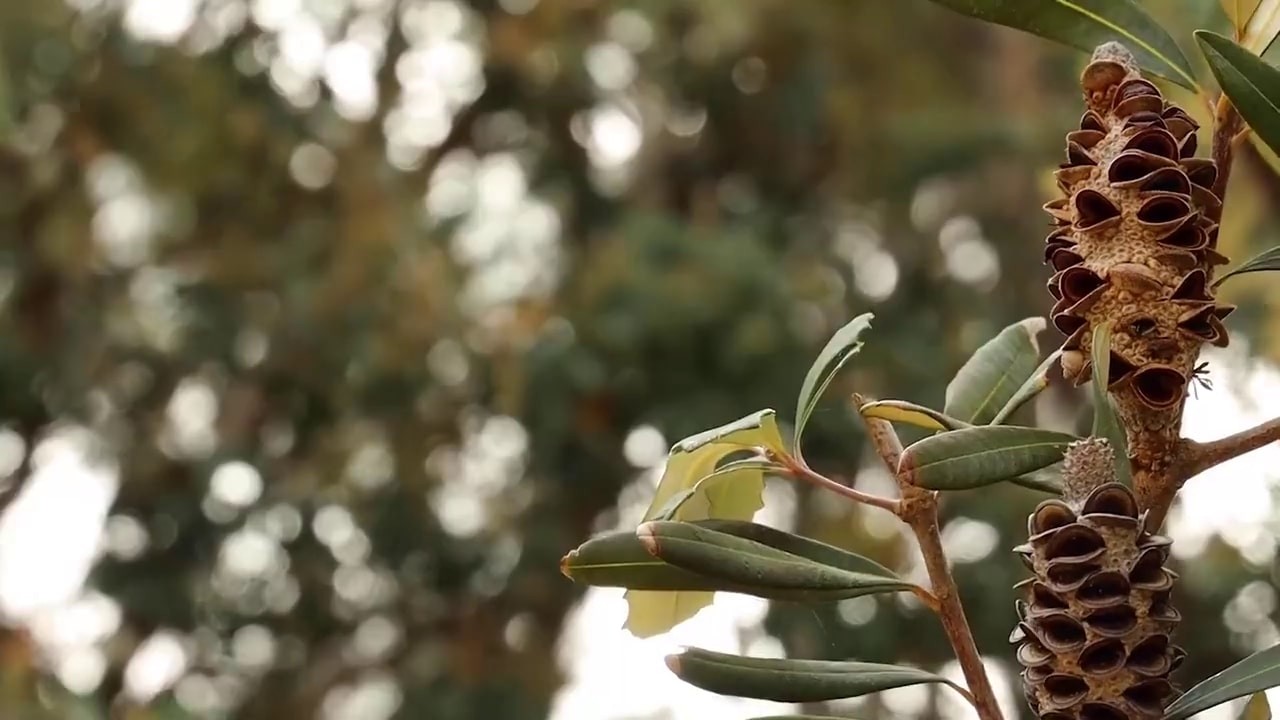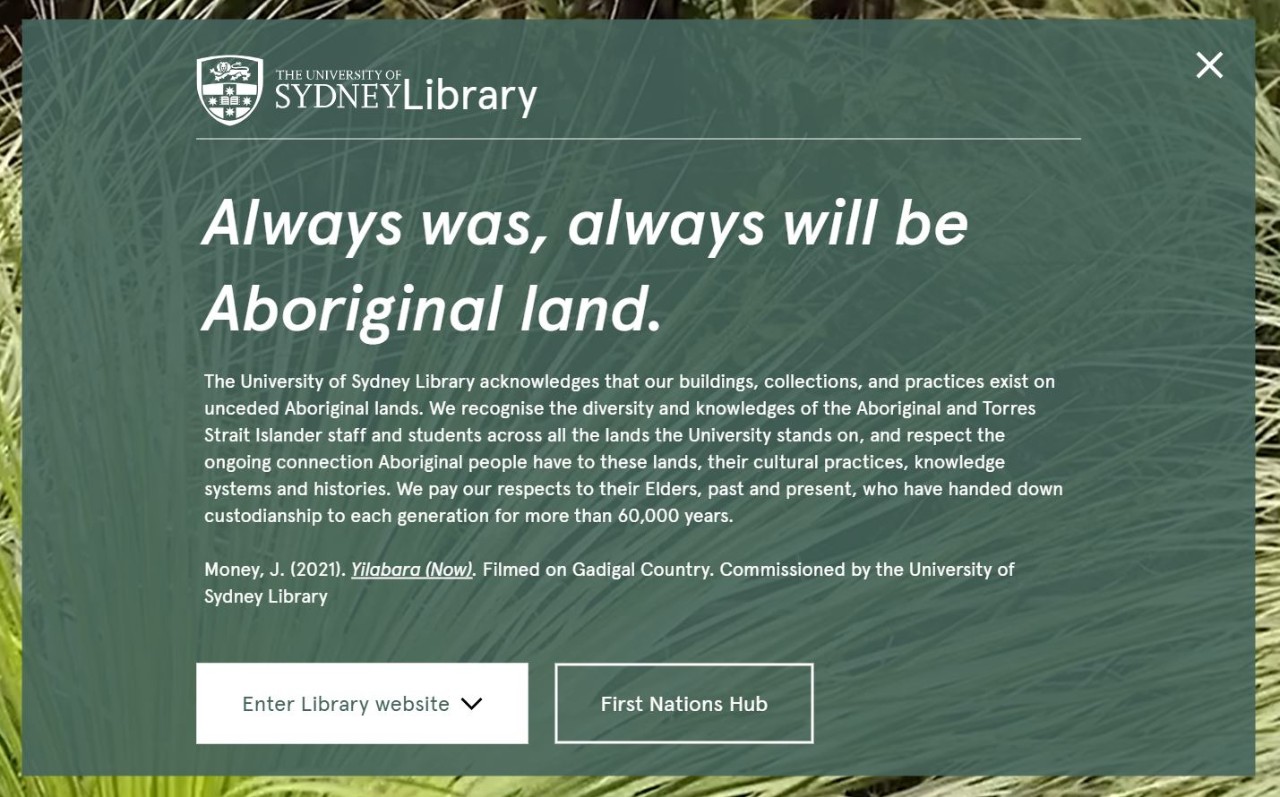Making visible a First Nations digital presence

In a new initiative, the University of Sydney Library has launched our new website with a dedicated First Nations digital presence, aimed at fostering cultural wellbeing for Aboriginal and Torres Strait Islander staff, students, and communities. The project, led by the Library’s Indigenous Engagement Officer, Pippa Herden, and the Associate Director of Workforce and Engagement, Belinda Norman, emerged from extensive consultations with 41 participants, with 96% being Indigenous staff and students, and 4% allies from across the University.
The initiative aligns with the University of Sydney Library’s Aboriginal and Torres Strait Islander Cultural Protocols, a resource guiding the institution's approach to Indigenous engagement, collection management, and cultural awareness. These protocols emphasise the necessity of a visible First Nations presence in the Library's digital spaces, reflecting the importance of acknowledging country, the historical context of the Library's collections, the potential impact on Indigenous communities and what we are doing to improve our impact.
Themes and feedback from consultations
Through a series of workshops and conversations, three key themes emerged, outlining the principles for developing cultural wellbeing in digital spaces:
1. Connecting communities (resources and people): Participants stressed the importance of a respectful Acknowledgement of Country as a foundational element for cultural wellbeing online. Additionally, they highlighted the need to connect the Library's digital spaces with First Nations communities, services, and programs across the University.
2. Engaging in truth-telling (education and histories): The Library was urged to actively participate in truth-telling of First Nations histories by connecting with local stories, language, and colleagues. There was a need for us to highlight more Indigenous collections and educate about Indigenous research methodologies, common terminology and protocols where appropriate.
3. Interweaving cultural knowledges (storytelling and communications): Participants reflected that cultural wellbeing can be supported through cultural nourishment, for example by providing access to First Nations mental health resources and highlighting appropriate collection items. And the importance of using imagery and photographs where possible to connect to cultural stories and connections with communities and establish a sense of belonging and safety for students.
Key features of the First Nations digital presence
The newly launched website integrates three core features to enhance cultural wellbeing:
1. Acknowledgement of Country: A prominent and visible Acknowledgement of Country, featuring language where possible, is embedded throughout the website.
2. First Nations hub: A dedicated page capturing services and support for First Nations communities within the Library, including information about Cultural Protocols, Aboriginal and Torres Strait Islander Student Spaces, Indigenous staff contacts, and resources from Indigenous support services, groups and departments from across the University.
3. Artwork and visible culture: The website integrates the commissioned digital placemaking artwork, which is also reflected in our physical spaces. A soon to be launched piece by Jessie Waratah Simon Fitzpatrick encapsulates a unique sense of place on Gadigal Country for Fisher Library and will be displayed prominently on the website and in Fisher Library,

Ongoing commitment to cultural wellbeing
Beyond these initial features, the Library plans to continue embedding cultural wellbeing into digital spaces by enhancing educational resources and library materials for both Indigenous and Non-Indigenous students, staff and extended community. Building cultural awareness by developing our education and library resources that assist students in understanding the context of our collections and protocols within the Library is a core focus from the feedback that is developing between many teams. This project has helped shape how the Library centres and showcases more Aboriginal and Torres Strait Islander collections and stories from the University and local area, as well as current academics, students, and alumni.
Note: The terms Indigenous, Aboriginal and Torres Strait Islander and First Nations are used interchangeably, yet are all referring to the Aboriginal and Torres Strait Islander Peoples of so called Australia.
Related information
Contact
We're here to help, online or in-person